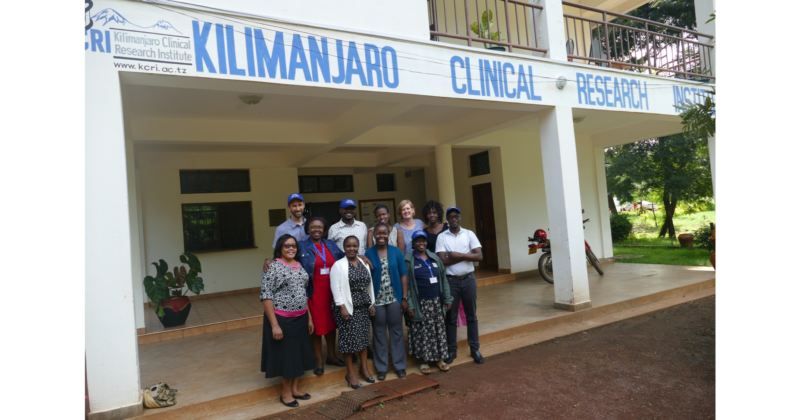
Nesterone, a birth control gel for men, could come to the market soon
Story by Karina Moreno Bueno, T'21 A new form of contraceptive for men might be out on the market soon, in the form of a birth control gel. This gel is called NES/T and is rubbed on the back and shoulders on a daily basis to be absorbed by the skin. This gel is supposed to reversibly lower sperm count to a very they cannot get a woman pregnant. It contains segesterone acetate — which contains progestin — and a dose of testosterone and is made under the brand name Nestorone. Testosterone production in the testes is hindered by progestin, which results in very low sperm production. This gel is very similar to a vaginal ring used as a female contraceptive, which contains Nestorone combined with a hormone called estradiol. The hormone mimics pregnancy in women, which causes women to stop releasing eggs. If there aren’t any eggs released, she can’t get pregnant. In men, the hormone makes the body think it...







